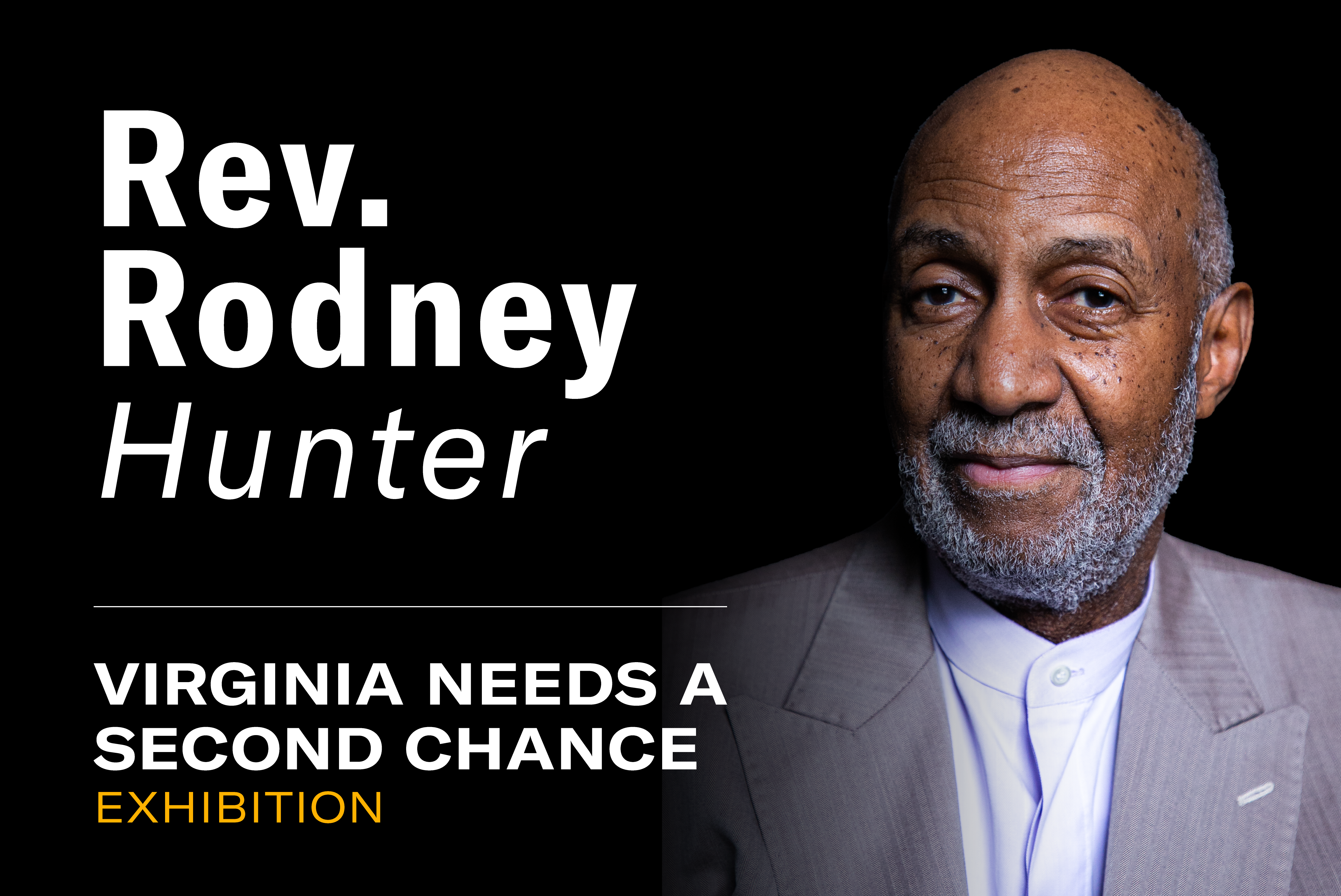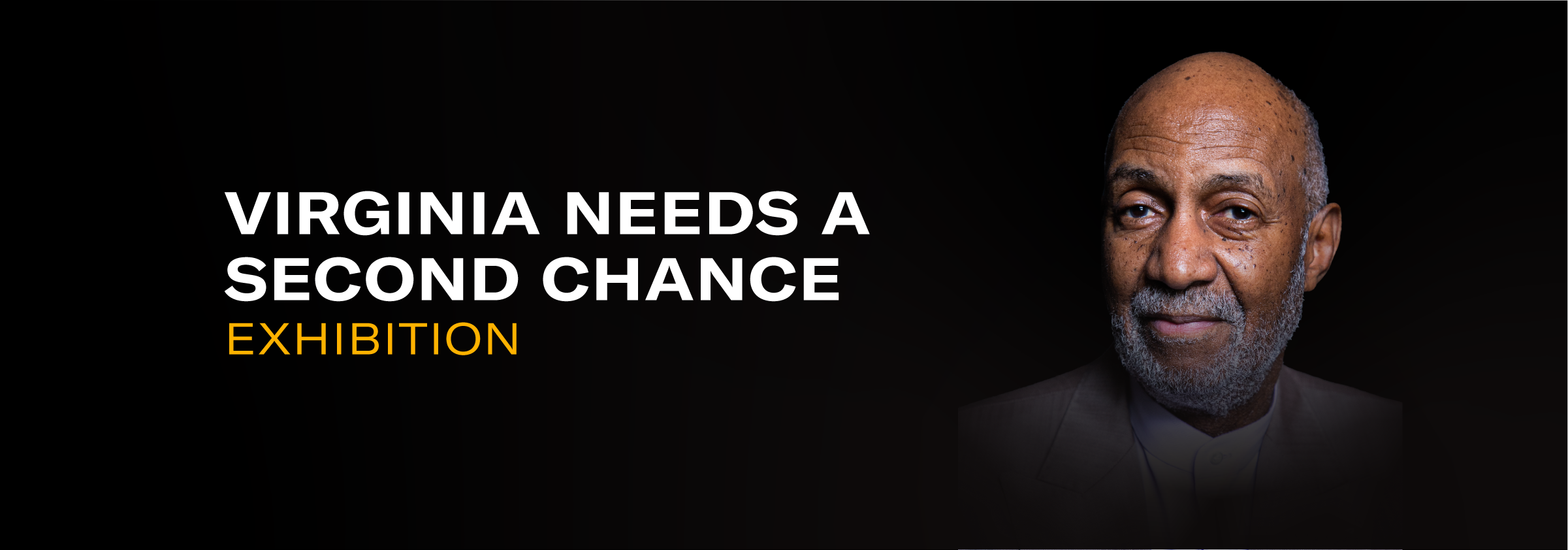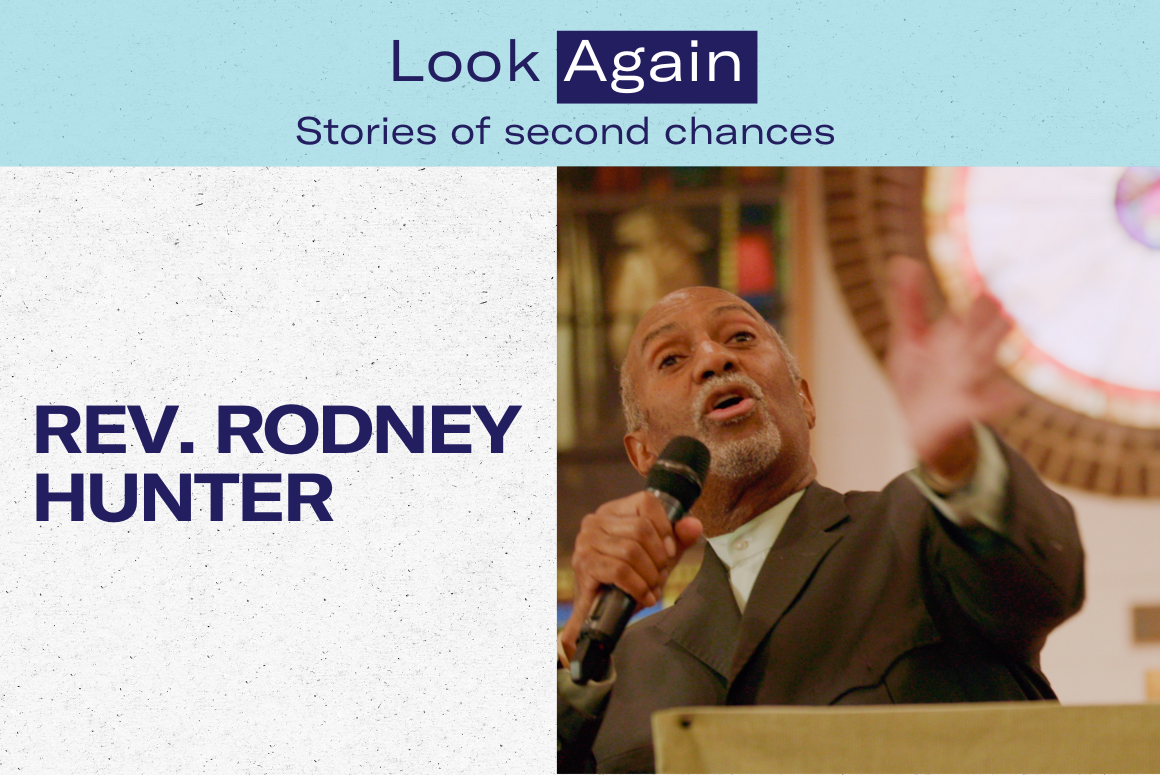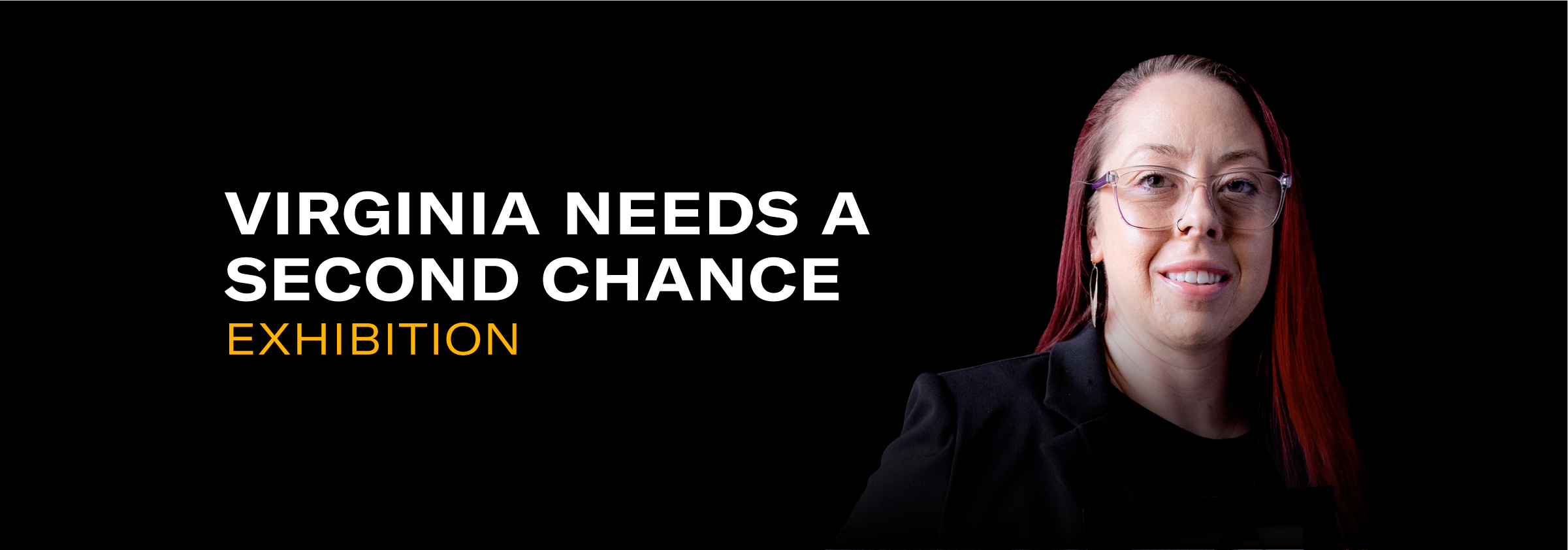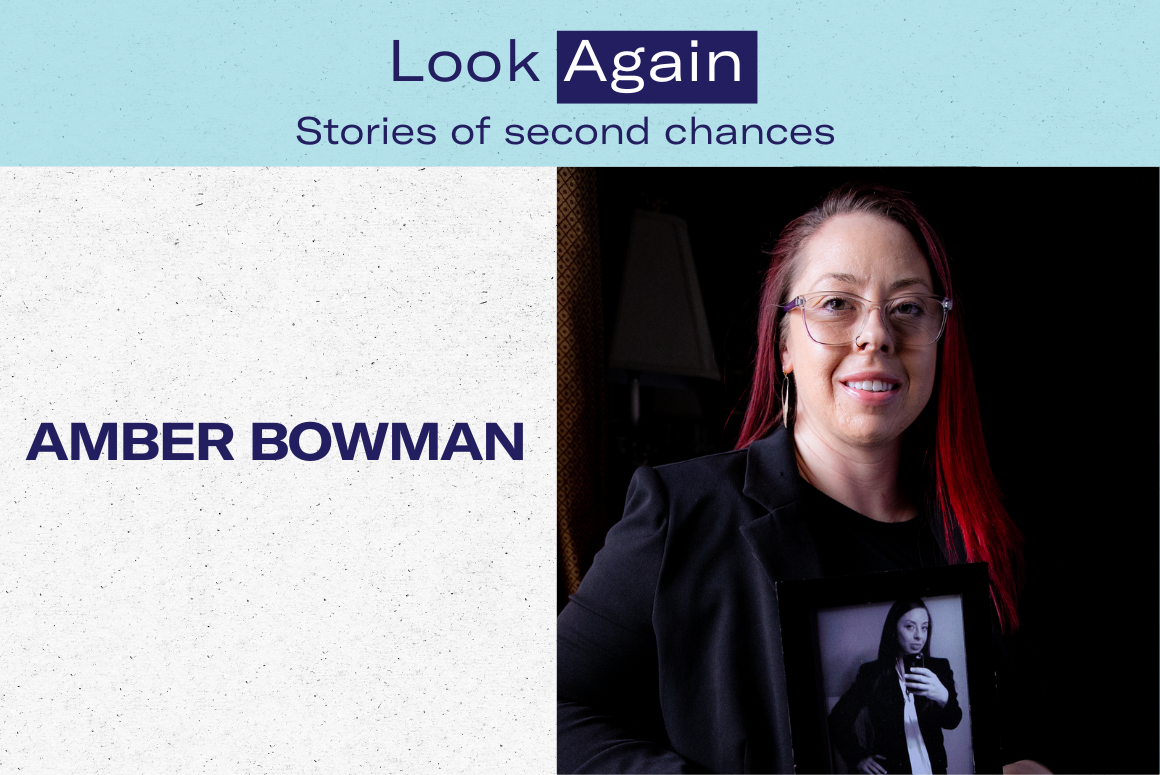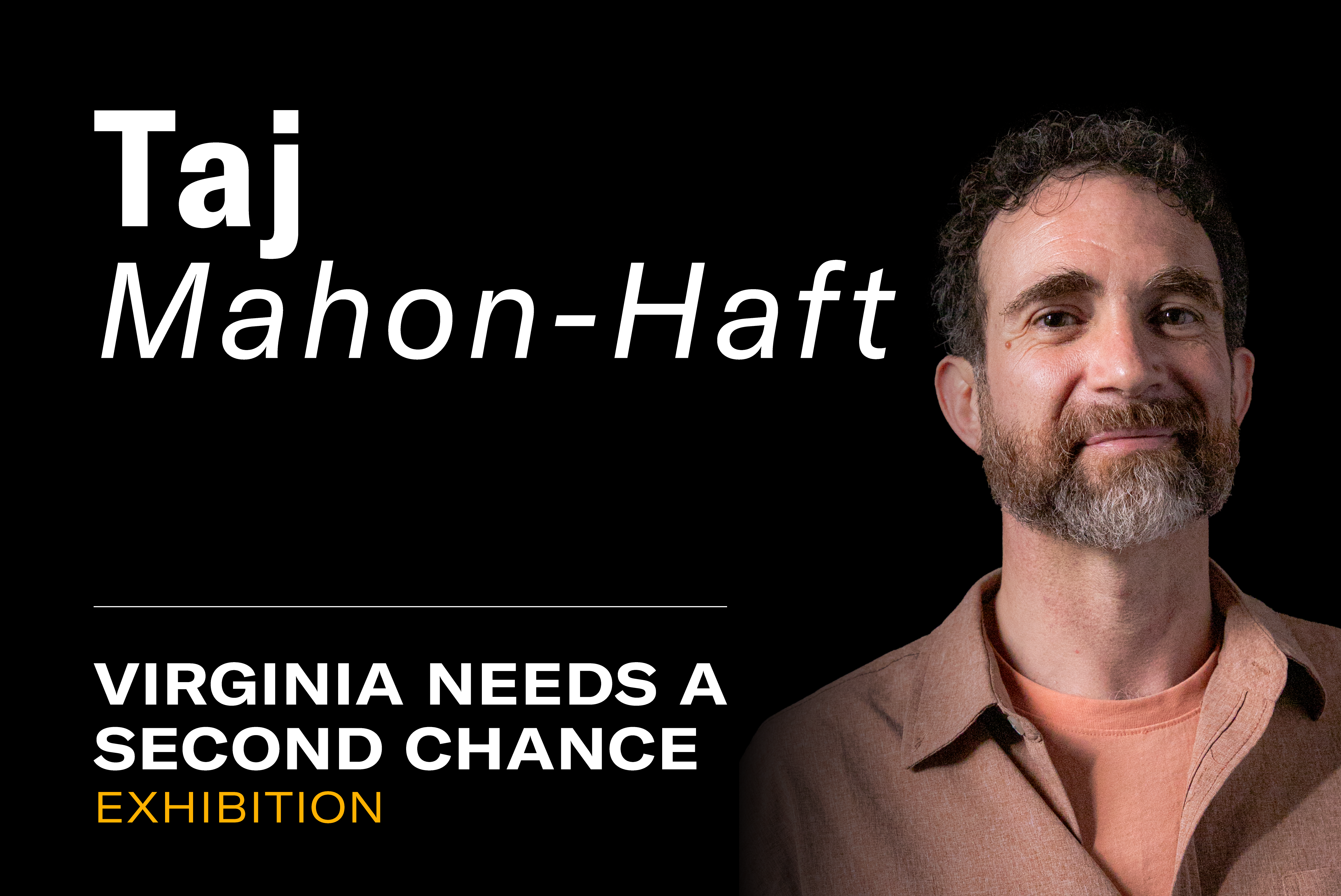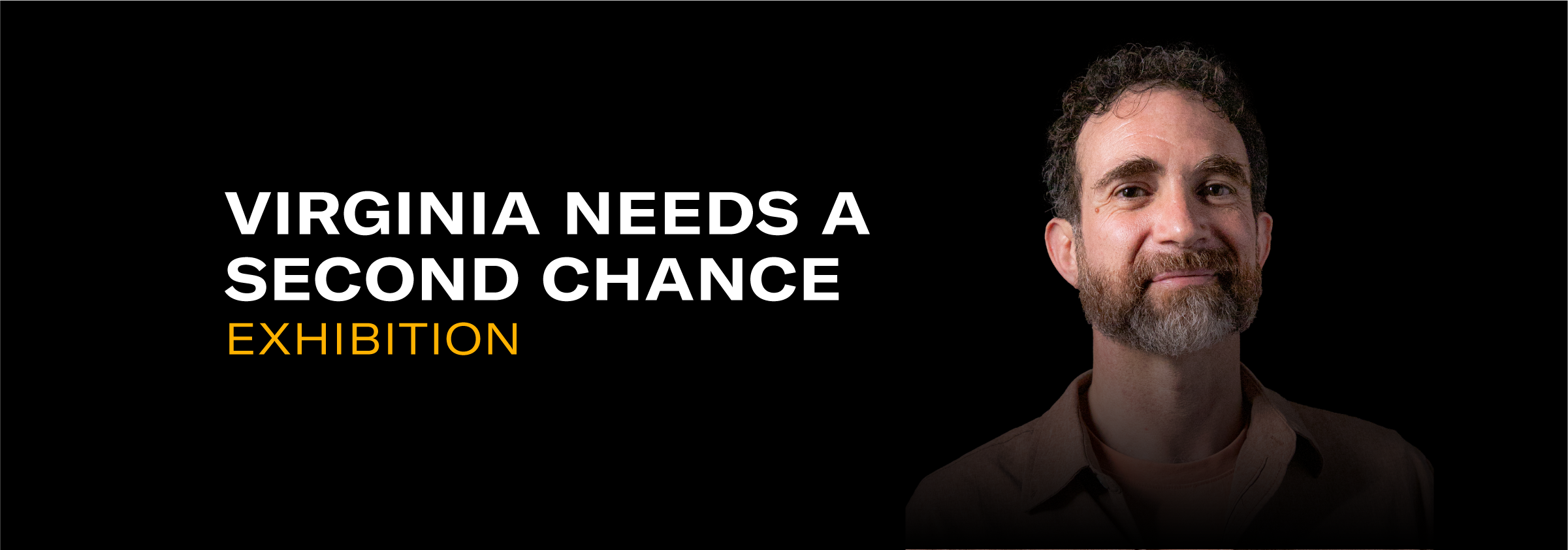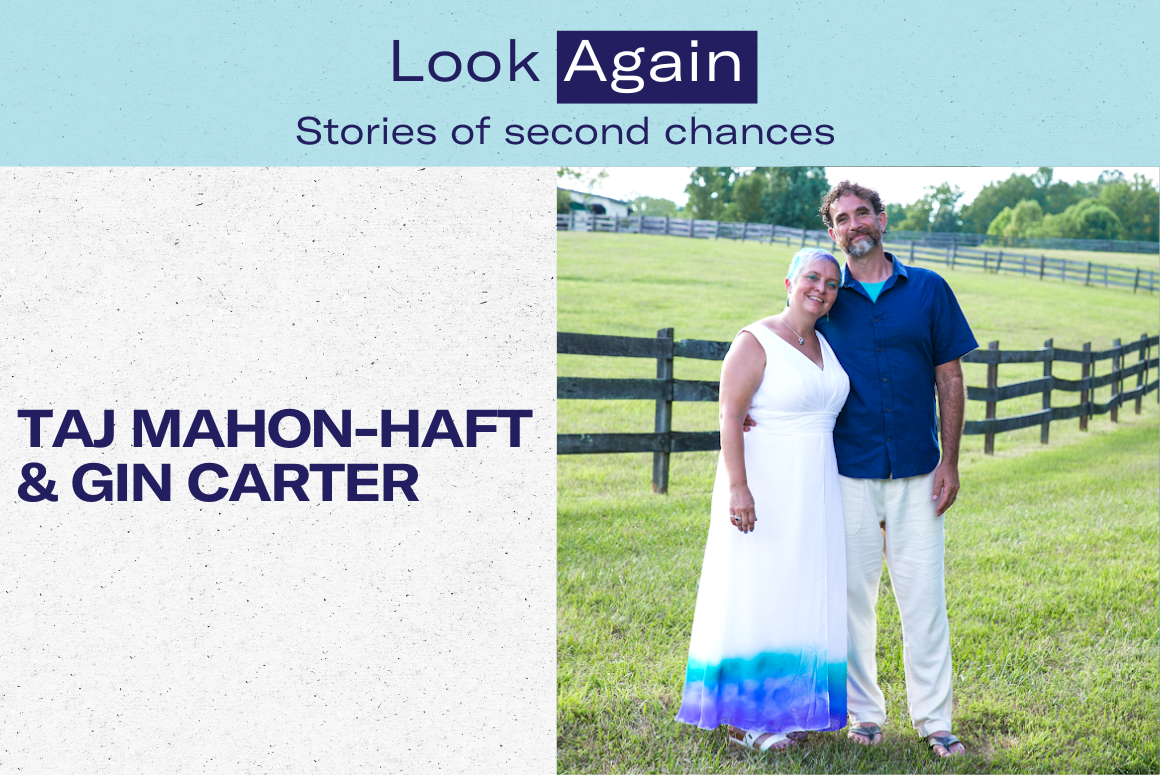Rev. Rodney Hunter has served as a pastor for over 30 years. Through his faith and sermons, he aims to build community and to help create a world where people are not seen as their mistakes, but, rather, as people who can be redeemed.
“We all make mistakes, and we all need a second chance. We've all fallen short of God's glory; needed to be forgiven, and needed a chance to make right those wrongs that we have committed,” he said.
It’s through community that Rev. Hunter believes people can begin receiving their second chance: the more formerly incarcerated people are accepted into their communities upon reentry, the more likely they will be to succeed and move forward.
“Once [people] see that [people who’ve been incarcerated] are not monsters, they’d be willing to offer the help … and the forgiveness, and to become advocates for justice for people who are coming out of the system,” said Rev. Hunter.
Rev. Hunter’s advocacy extends from the church into other branches of the community. He’s chaired the Richmond Juvenile court volunteer program, taught religion and spirituality at the Richmond City Jail, served on the Board of Directors of the Virginia Southern Poverty Law Center, and worked with CARITAS, a community caring for people who are unhoused and/or addicted.
“I used to teach in the city jail and meet the ones [incarcerated people] going into the population. You become a part of them, and they become a part of you. They share their stories. The longer we distance ourselves from the person, we’ll never know them, and we’ll never trust them. So, it [community] happens by us living with the individuals, in knowing, too, that these persons are just like we are,” said Rev. Hunter.
And he’s seen what can happen when returned citizens feel supported.
“I have a friend who fought in Vietnam, then came back with PTSD. Wonderful person! He just got kind of entangled fighting for the country. He came out of war, made a mistake, went to court, then to prison. Came out. Can’t vote. Hard to get a job. He wants to get his life back together. He wants to do the right thing. What are we supposed to do? Just sit back and watch that good man?” said Rev. Hunter. “Now he’s got his life together, voting rights restored, ran for city council in Newport News. All he needed was a chance, and he’s taken advantage of it to get his life back together – but he had to have that chance.”
As an advocate, Rev. Hunter practices forgiveness and believes that it’s important to address some of life’s discomforts for the sake of helping the community to become better.
“We can’t continue to [hate] everybody who does evil. That doesn’t help the person who is a victim, and it’s not helping society and the community,” he said.
Rev. Hunter believes that by offering people the help they need, and by withholding judgement, more people can receive their second chances and, in turn, give second chances to others.
“When we help that person, that person becomes an advocate, and the model to say: ‘I’m an example of what a person can do and how a person can rebuild their life.’ We should all be promoting helping others. We have to do everything we can to give people a second chance…,” he said. “These are people who deserve to be treated with dignity. And as long as they want to do good, we need to help them try to rebuild their lives.”
Date
Friday, August 9, 2024 - 3:30pmFeatured image
